So it finally happened: I experienced my first vocal setting of the word ‘Covid’. An encounter that was, inevitably, more harrowing than when I caught the virus itself. ‘Coviiiiiiid!’ yowled the singer, while the orchestra emitted a boom, crack, snap, rumble rumble, shriek, bang, dissonance dissonance. Rice Crispies fans, eat your heart out.
Already a subscriber? Log in
Subscribe for just $2 a week
Try a month of The Spectator Australia absolutely free and without commitment. Not only that but – if you choose to continue – you’ll pay just $2 a week for your first year.
- Unlimited access to spectator.com.au and app
- The weekly edition on the Spectator Australia app
- Spectator podcasts and newsletters
- Full access to spectator.co.uk
Or
Unlock this article
You might disagree with half of it, but you’ll enjoy reading all of it. Try your first month for free, then just $2 a week for the remainder of your first year.


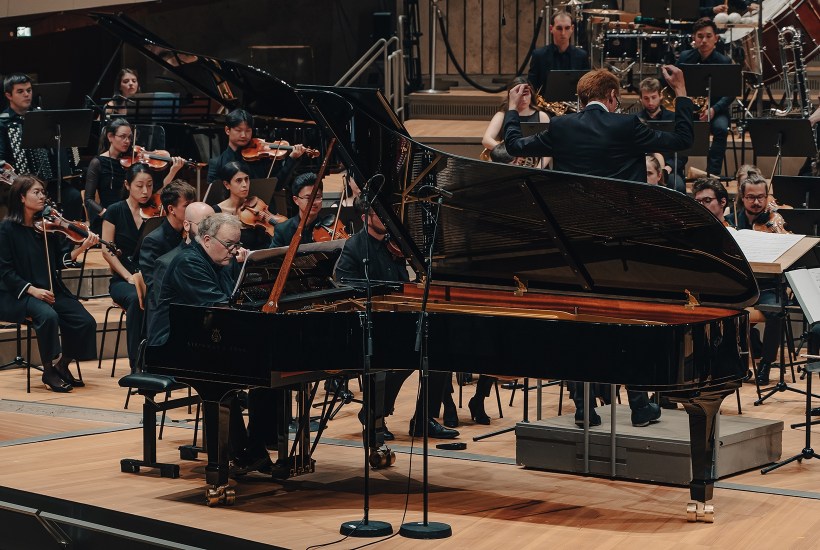
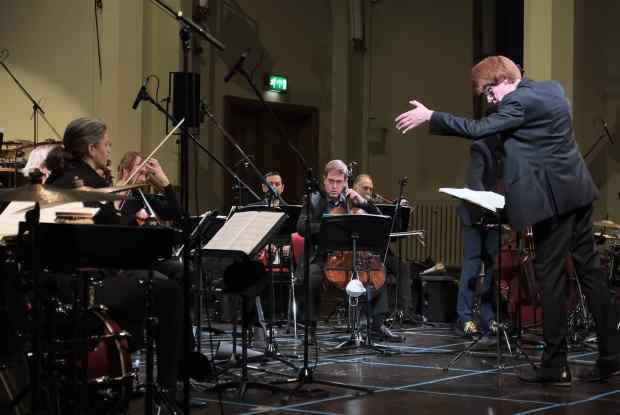
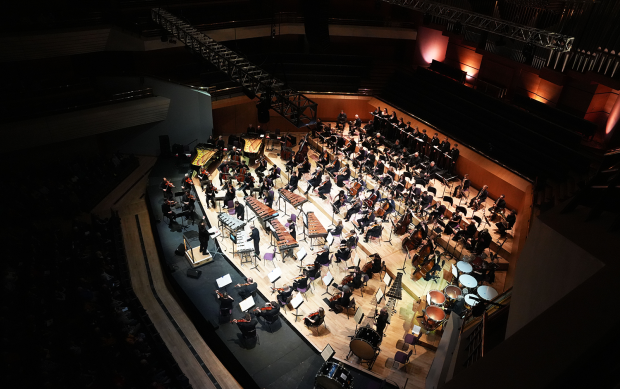
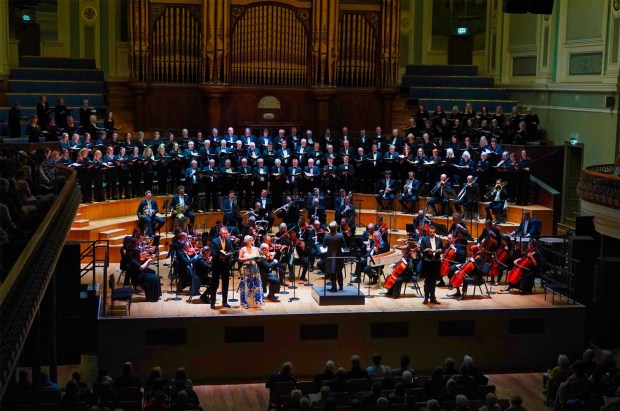
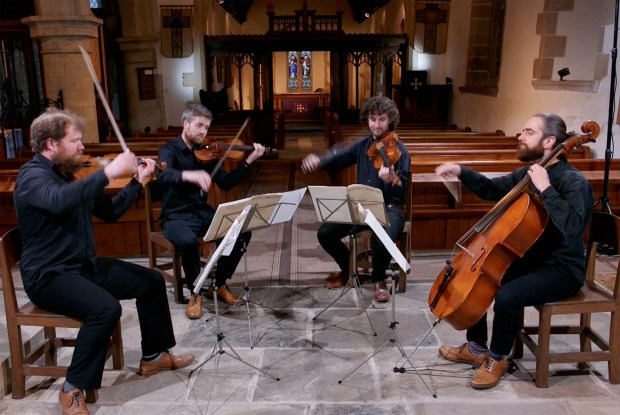
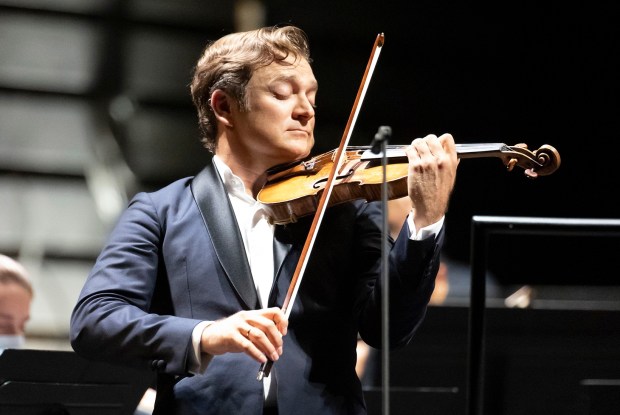
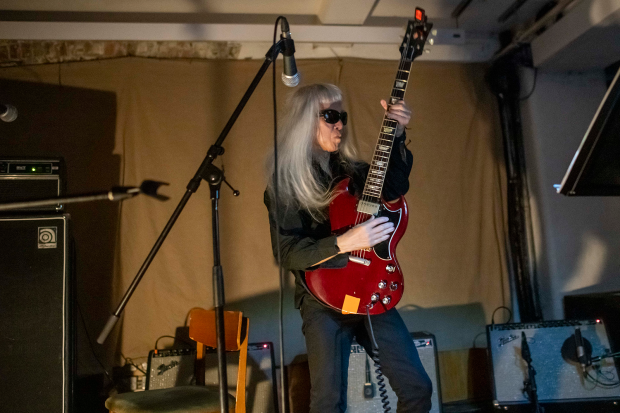






Comments
Don't miss out
Join the conversation with other Spectator Australia readers. Subscribe to leave a comment.
SUBSCRIBEAlready a subscriber? Log in